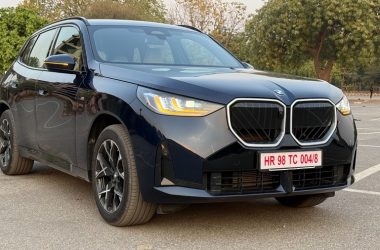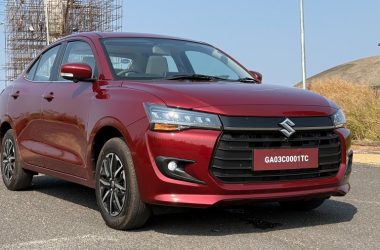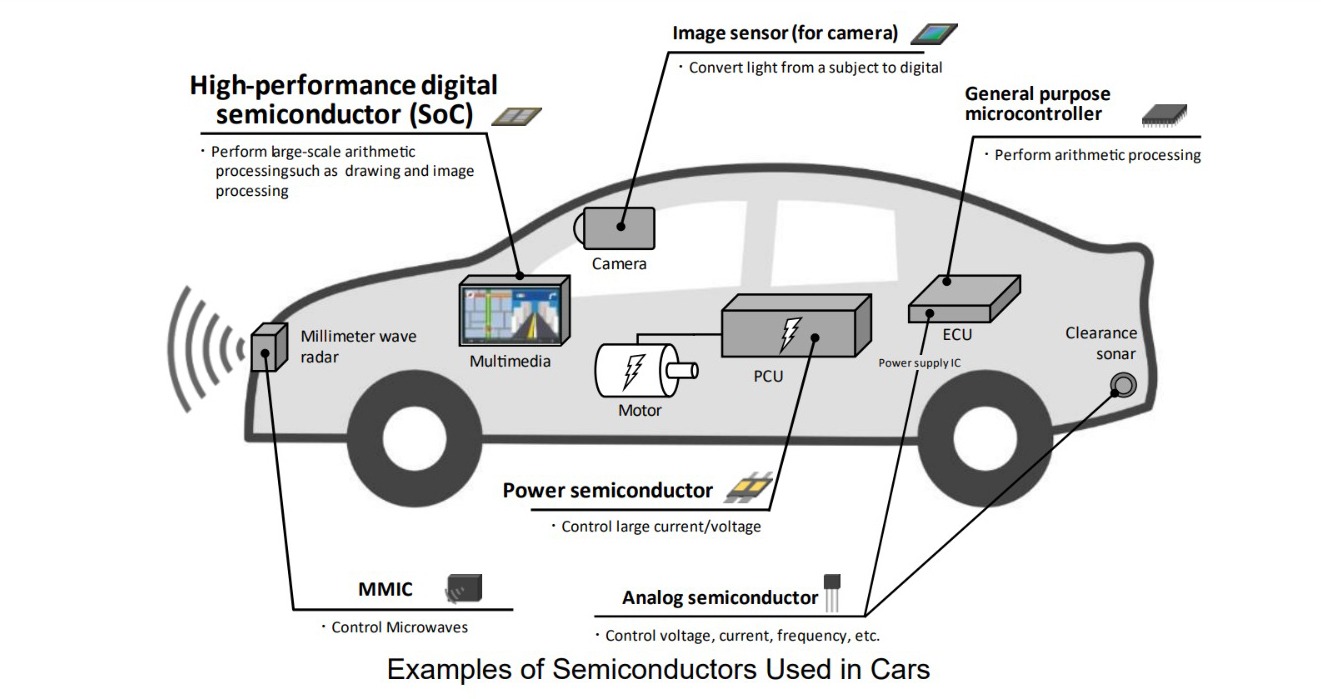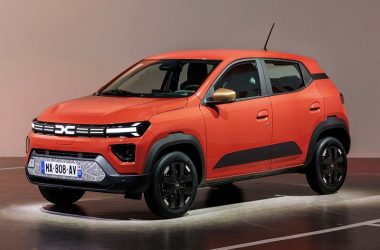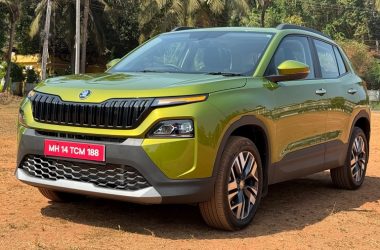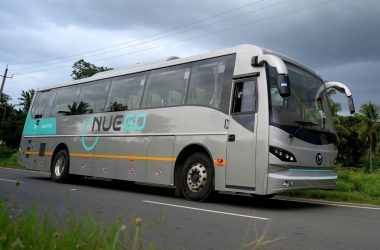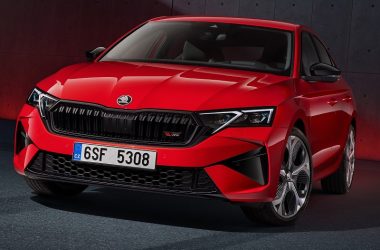A consortium of twelve companies, spanning the automotive, electrical component, and semiconductor industries, has formed the “Advanced SoC Research for Automotive” (ASRA) initiative. Launched on December 1st, this collaborative effort aims to research and develop high-performance digital semiconductors, specifically System on Chip (SoC) units, for automotive use. ASRA’s objective is to pioneer SoCs for vehicles leveraging chiplet technology, with plans to incorporate these SoCs into mass-produced vehicles starting from 2030.
The consortium includes automotive giants such as Honda, Mazda, Nissan, Subaru, and Toyota. Key players in electrical components like Denso Corporation and Panasonic Automotive Systems are also part of this initiative. The semiconductor sector is represented by Cadence Design Systems, MIRISE Technologies, Renesas Electronics, Socionext Inc., and Synopsys Japan.
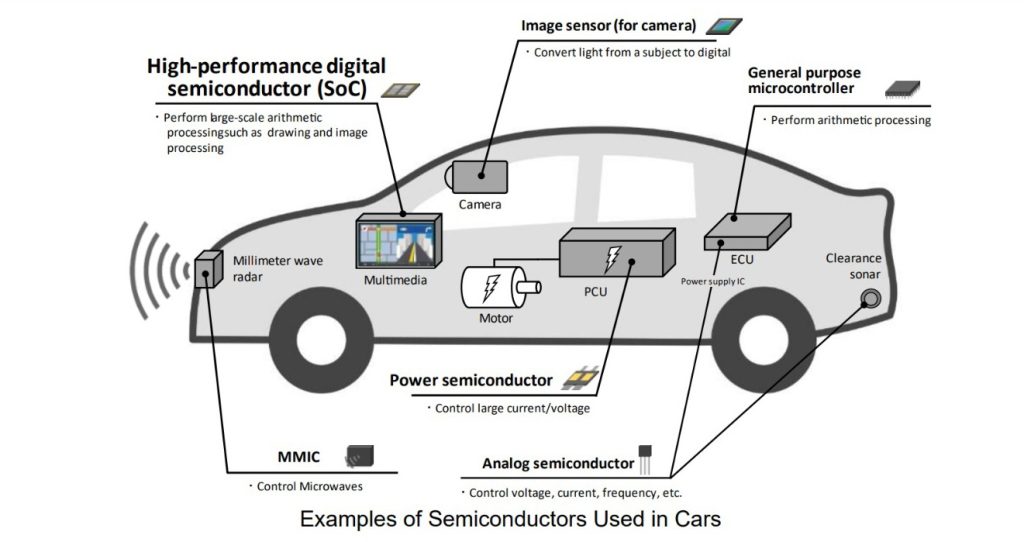
Modern automobiles typically contain around 1,000 semiconductors, varying based on the vehicle’s specific functions. SoCs are particularly crucial, as they are central to technologies like autonomous driving and multimedia systems in vehicles, requiring advanced computing capabilities.
ASRA’s strategy involves automotive manufacturers taking a lead role to ensure the high safety and reliability standards needed for automobiles. The collaboration also aims to harness the technological prowess and experience of electrical component and semiconductor companies to practically apply cutting-edge technologies. Their focus includes researching and developing automotive SoCs using chiplet technology, which involves combining various semiconductor types.
The advantages of chiplet technology in this context include enhanced performance and multifunctionality, higher yield chips, and the timely commercialization of SoCs tailored to the specific needs of automotive companies.
ASRA has set ambitious goals, aiming to establish in-vehicle chiplet technology by 2028 and start integrating SoCs into mass-produced vehicles by 2030. The consortium plans to leverage Japan’s technological expertise in automotive, electrical components, and semiconductors, fostering collaboration between industry, government, and academia. This initiative positions ASRA as a potential world leader in automotive technology research.
